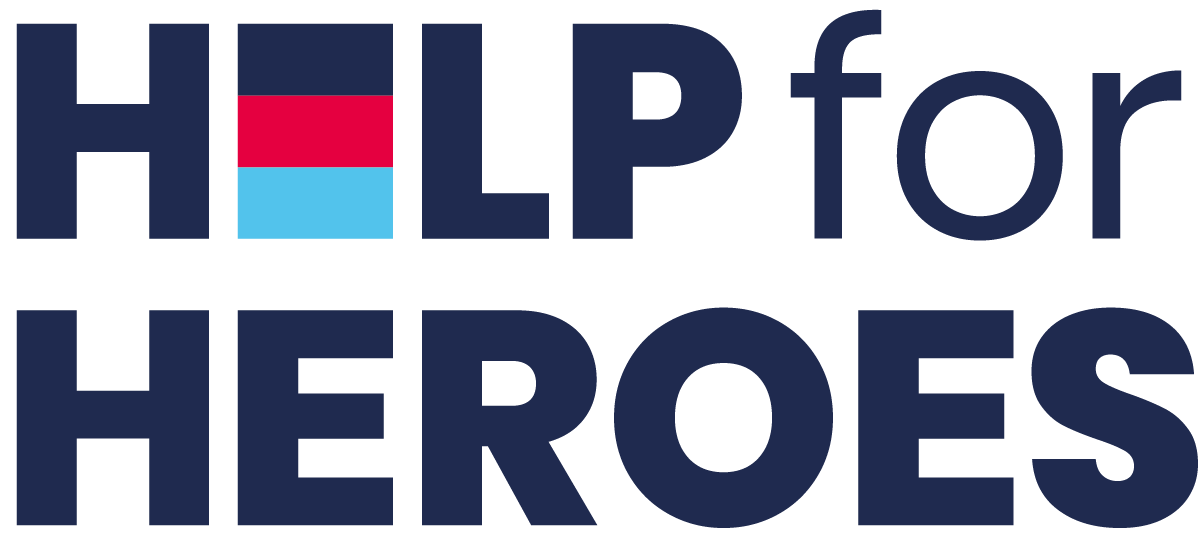Updated on
Alex Lovett is our Occupational Therapist. Alex helps veterans find practical ways to overcome some of the limitations caused by their illness or injury and says the best part of her job is seeing the positive difference occupational therapy can have.
“A lot of people don’t know what an Occupational Therapist does,” she says. “We all have an inherent need to ‘do’ and take part in activities. Sometimes, through ill health or disability, we can lose the ability to do things we need or want to do and this can lead to poor physical and mental health.
“I help veterans find the activities that really matter to them and can improve their physical and mental health, and then help them overcome any barriers in the way.
“I came to work for Help For Heroes because I wanted to help those who had risked their lives during military service and been left with difficulties that they then had to live with. I love seeing the change in the veterans I work with when they realise that just because things have been a certain way for them, sometimes for a long time, it doesn’t mean they have to stay like that.”
For Alex, working remotely while our recovery centres remain closed has had its challenges. Normally, she’d see the veterans she supports face to face at our Tedworth House recovery centre or would carry out home visits. But since March, all the support she’s delivered has had to be remotely, either virtually or by telephone.
Sleep has been a particularly big issue for many of our wounded during lockdown - almost half (42%) say they have struggled with anxiety and their sleep since the start of the pandemic, so Alex set up a remote service to help veterans with their sleep issues, something she says has been well received.
“There have been some challenges – it’s harder to read body language through a screen. But veterans have adapted really well to the changes. Even those that struggle with technology have been getting the hang of it and we all experienced the odd technological challenge so people are very understanding!”
One of the positives, she says, is that she is now looking at more permanent ways she can continue to run both remote and face-to-face services and reach even more veterans in need of support. “As we ease out of lockdown, there are some exciting opportunities to really think about how we can creatively provide our occupational therapy services in the future,” she says.






